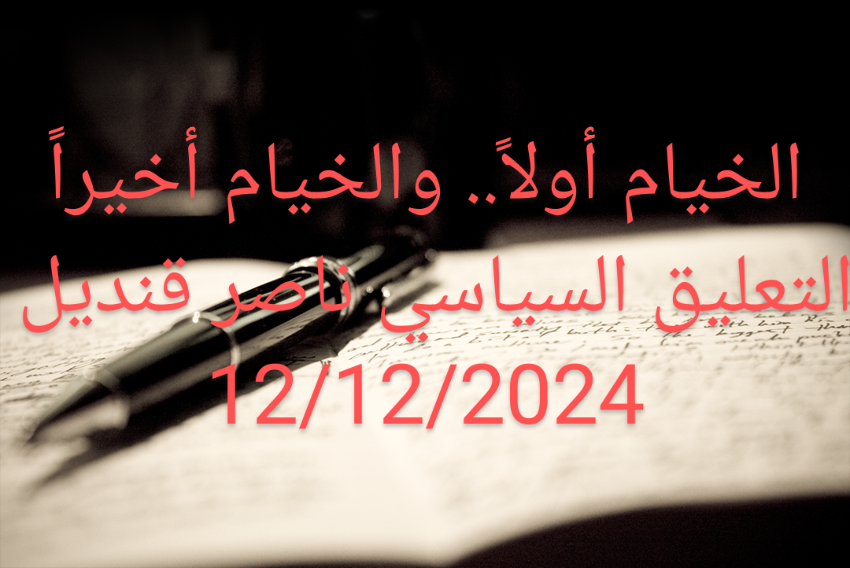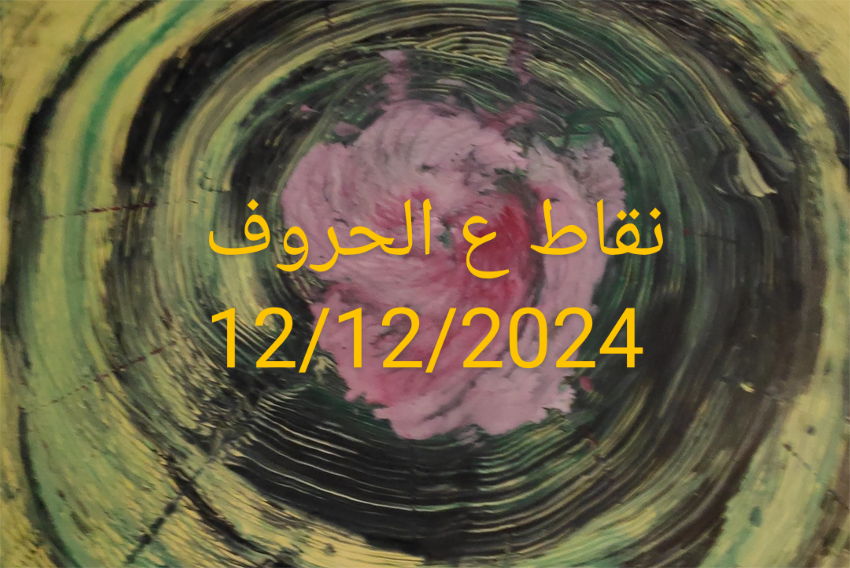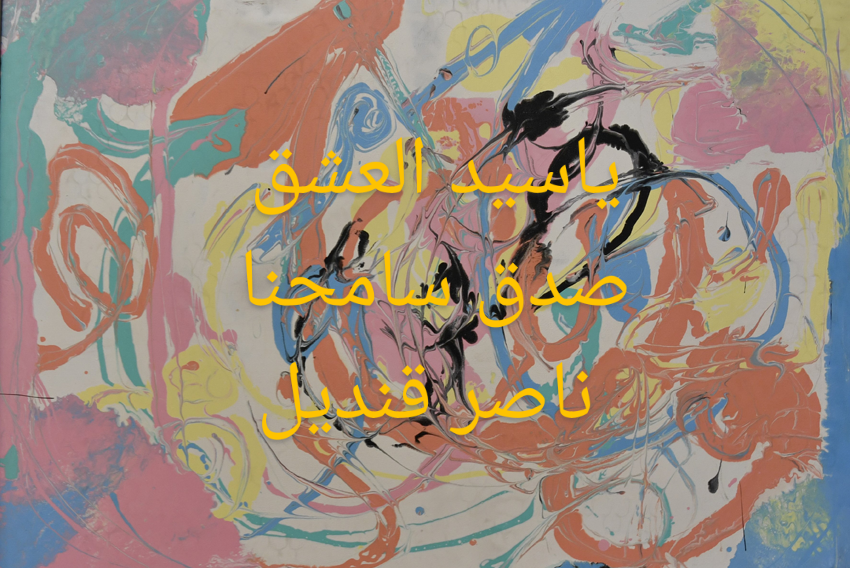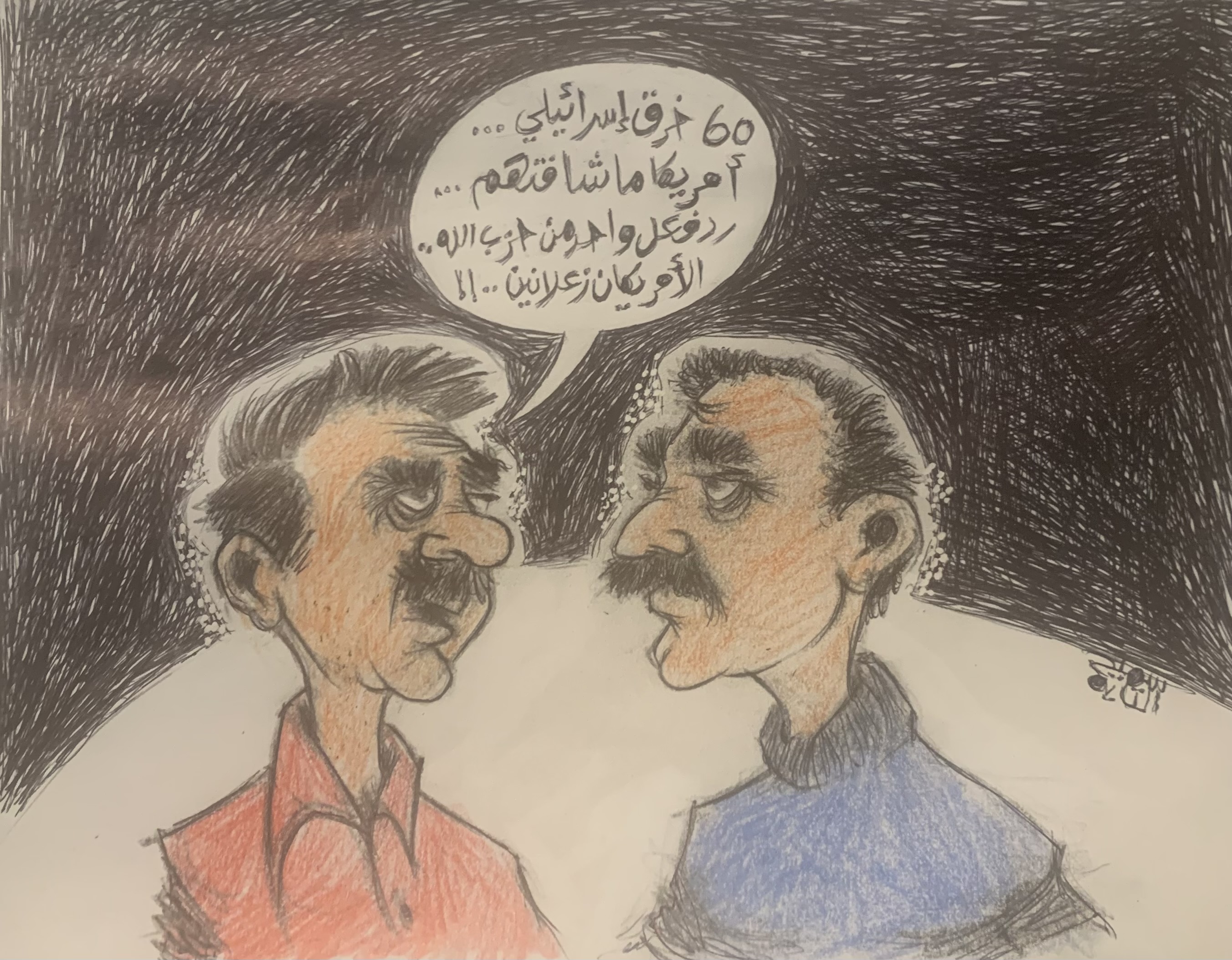
Written by Nasser Kandil,
Some Lebanese may live on the Resistance and Liberation Day as an additional ordinary holiday because the country of sects and regionshas lost many of the elements of the national sense. The occupation during two decades of the age of Lebanon was an issue that belongs to its people who suffered from it and its humiliation and who sacrificed their sons and daughters. Many Lebanese were among spectators, neutral, or complainers from the exaggeration of refusing compromises that must be accepted in balances of what is so-called the political realism. Despite the failure of the compromises in ensuring the Israeli withdrawal and the winning of the resistance which beton the blood of its martyrs there were those who said before the liberation that the presence of the resistance complicates this withdrawal. The state seemed conspired with the occupation until the fall of the seventeenth of May and it became neutral until the arrival of the General Emile Lahoud to presidency. At his era the state accompanied the resistance, this means that the consensus on the resistance was not a condition for the completion rather its acceptance was the end of the ability to complete. Furthermore, the subjection of the resistance to the logic of a state means its end and the fall of all its achievements, since every time has its equations. The only acceptable consensus is the consensus on the future of the resistance after the liberation, where no decision is taken without its acceptance. The relationship between the resistance and the state is a friendly accommodation between two necessities for the survival of the homeland and its strength.
The generation which accompanied the course of the resistance since the occupation in 1983 and shared its sacrifices and its achievements is a generation that is must be integrated not competed. That generation recognizes that the youth of the Islamic resistance were the most efficient to carry the banner until victory. Hezbollah's leaders do not deny that they established and accumulated on what they inherited of those who preceded them from the Mujahideen of Amal Movement and the resistance fighters of the Lebanese national resistance in its national and leftist wings. Both of them have unforgettable heroisms and undeniable contributions. The resistance became the collective movement of those who were truly distinguished by the honesty of their choice and the greatness of their sacrifices; they have martyrs and many honorable symbols. For those without exception we owed the celebration, the happiness, and the feeling of pride and dignity.
We remember onthe first days of the birth of the resistant action, many figures who do not fear dangers; they put in front of their eyes the humiliation of the occupier without any considerations, some of them became martyrs and some of them are still continuingwithout arrogance their roles as resistance fighters, strugglers, politicians, writers, or contributors in the public affair. Damascus was bringing us together, we who are observed and eavesdropped orsometimes plannedto be killed. Damascus at that time was not mere a safe place for meeting, rather it was our operations room, a training center, and a source of weapons, it remained like that despite all the structural changes in its institutions and the structural changes of forces concerned with the resistance. Damascus which a Lebanese-Syrian corruption front which stemmed from the convergence of two resistance fronts wanted to distort its role and to mix between its honest partners in losses and its opportunists and beneficiaries of gains away from the source of the gains. Damascus, which it is fair to recognize that without it the resistance would not be as it is now.
As in Damascus in Tehran the resistance fighters meet, they get the support and the auspices to support the course of this resistance and to make its victory imminent. Many fighters were boasting of their identity and their cause away from their country in which they fear and feel afraid to disclose their identity and their cause. Even in the era of the rising force of the resistance, the resistance fighters in Damascus and Tehran were called in their names as resistant while in their country their names became symbols of guardianship or the group of Syria and Iran. As the liberation was a festival for all Lebanon,as the victory in July 2006 and the victory in May 2000. Some Lebaneseremained refusing the partnership in victory and refusing considering it a victory; their eyes are as Israel on the resistance weapon asking the same questions about its fate.
On the Liberation and Resistance Day, a call to think quietly and to contemplate; will we have a homeland before we reconcile on right and wrong in our modern history? Was Israel indeed an occupation? Was the resistance the right national expression to confront that occupation, or was our history related under the name of the civil wars or the wars of others on our land? Was the division on the occupation between the dealing and the resistance a kind of a civil war or a kind of the manipulation of others?
The painful fact which some find it difficult to accept is that the real civil war is being formed by changing the concepts of patriotism, occupation and resistance in order not to embarrass each other. Therefore the history becomes courtesy and hypocrisy and the national hypocrisy becomes the shortest way to the civil war, while the national agreement begins from the acknowledgement of the facts of history.
Translated by Lina Shehadeh,
2018-05-27 | عدد القراءات 1841









